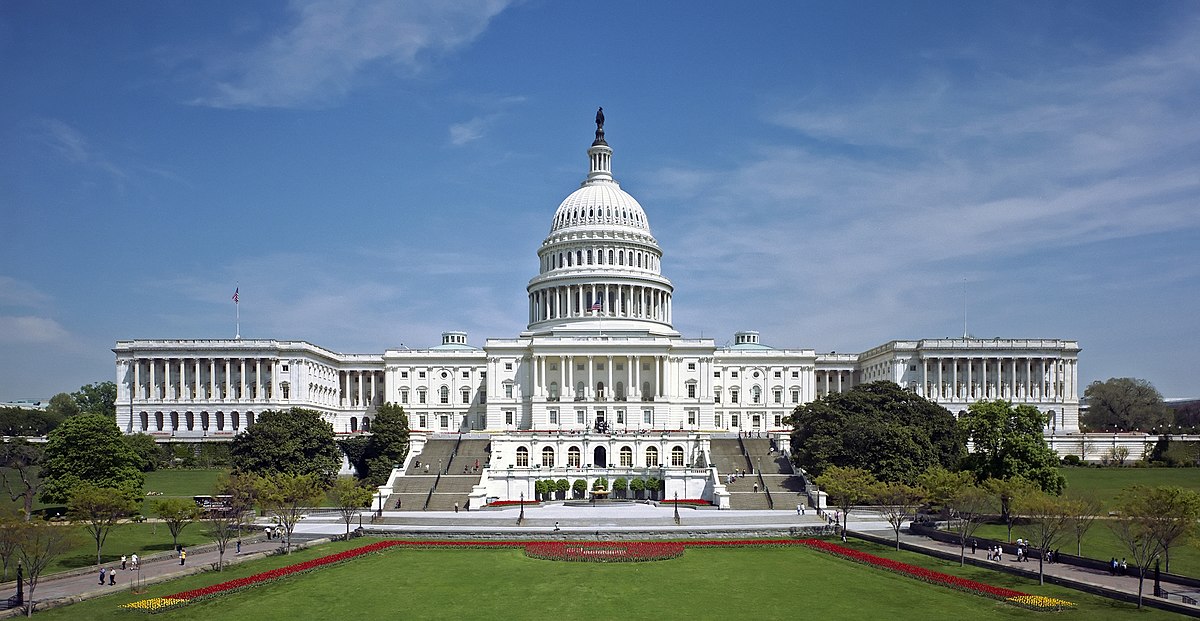Nasty, Brutish and Short: The Lame Duck
Posted on August 27, 2014

"United States Capitol west front edit2" by United_States_Capitol_-_west_front.jpg: Architect of the Capitol
derivative work: O.J. - United_States_Capitol_-_west_front.jpg. Licensed under Public domain via Wikimedia Commons.
So, if the Senate flips, what will the lame duck session of Congress look like?
If history is any judge, like life for Thomas Hobbes, it will be nasty, brutish and short.
Since 1990, the trend is for lame duck sessions to last between 10 and 12 days, according to the Congressional research service. Before 1990, they could last longer, up to 25 days.
It’s no fun for a Member of Congress who has lost his or her job, either by their choice or the choice of their constituents, to hang around and vote on things when they want to find another job.
Congress usually takes up things up in a lame duck that it doesn’t want to take up before the election. Trade agreements, for example, have been dealt with in 1944, 1974, 1994 and 2006.
Congress also usually is forced to take up spending bills that it didn’t complete during the regular fiscal year. That was especially the case during the 2000’s, when almost every two years, Congress was forced to either do an omnibus spending package or a continuing resolution.
That looks to be the case again this year, another sign of the breakdown of the budget process.
Ronald Reagan dealt with only one lame duck session during his tenure in office. Lyndon Johnson, the master of the Senate, never had one when he was President.
In 1998, the House came back to impeach Bill Clinton, and in 1974, Congress came back to approve the appointment of Nelson Rockefeller as Vice President.
If the party in power gains seat in an election, they usually decide to punt on most major decisions until the next session. If the party in power loses power, they punt on the tough stuff, but try to get pet projects done. That was especially true in 1980, when Jimmy Carter lost, as Democrats successfully enacted Superfund legislation, a budget reconciliation bill and several appropriations bills.
In 1982, Congress gave itself a 15% pay raise, but failed to pass an immigration bill favored by the Reagan White House.
What will this version of Congress do in this lame duck?
Well, it will probably take care of the routine spending bills that are no longer routine, one way or another.
It will probably consider expiring tax extenders, possibly a Terrorism Risk Insurance bill, a reauthorization of the Export-Import bank.
Other possibilities are immigration reform and a reform of the Voting Rights Act.
Complicating things are leadership elections in both the House and Senate. Leaders don’t love to do things that their rank and file Members don’t want to do when they have to get themselves reelected for their own posts.
But if I were a betting man, I would bet on less productivity and more profanity.
Like other lame ducks of the past, this version promises to be nasty, brutish and short.
